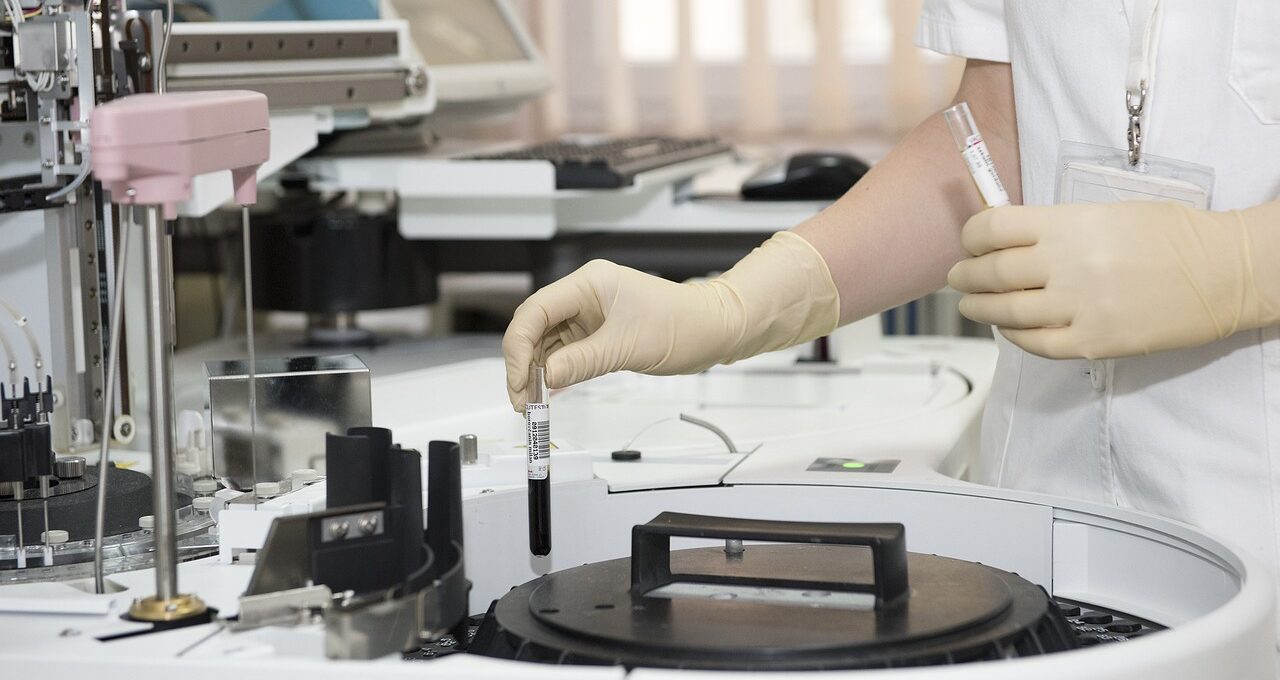Key Highlights:
- First Australian Patient Dosed: The Phase 1b trial of azer-cel (azercabtagene zapreleucel) has commenced at the Royal Prince Alfred Hospital (RPAH) in Sydney.
- Focus on DLBCL: The trial targets relapsed or refractory diffuse large B-cell lymphoma (DLBCL), a highly aggressive form of non-Hodgkin’s lymphoma.
- Innovative Approach: Azer-cel is an allogeneic CAR T-cell therapy offering an off-the-shelf alternative to traditional autologous CAR T-cell treatments.
About Azer-cel and the Trial
Azer-cel utilizes pre-manufactured donor T-cells, bypassing the time-intensive manufacturing process of autologous CAR T therapies that rely on a patient’s own cells. This innovation has the potential to significantly shorten treatment timelines and improve accessibility for patients with limited options.
Trial Design
The Phase 1b trial is a multi-centre, open-label study assessing:
- Safety and Tolerability: Monitoring for adverse effects.
- Clinical Activity: Evaluating response rates in DLBCL patients who have relapsed after prior treatments, including autologous CAR T-cell therapies.
- Novel Combination Therapy: Incorporates lymphodepletion chemotherapy and interleukin-2 (IL-2) to enhance therapeutic outcomes.
Promising US Results
Imugene recently reported encouraging results from US trial cohorts, showing azer-cel’s potential to deliver meaningful clinical outcomes:
- Complete Responses (CR): Achieved in three patients who had failed multiple prior treatments, including autologous CAR T therapies.
- Durable Results: Patients in Cohort B, receiving lymphodepletion and IL-2, exhibited responses lasting beyond 90 and 120 days.
Addressing Critical Unmet Needs in DLBCL
About DLBCL
- Prevalence: Most common and aggressive subtype of non-Hodgkin’s lymphoma, with over 80,500 cases annually worldwide.
- Current Challenges: High relapse rates and limited treatment options for refractory cases.
Why Azer-cel Matters
Azer-cel offers hope for DLBCL patients by:
- Reducing treatment preparation times through its off-the-shelf design.
- Providing an alternative for patients who have exhausted existing therapies.
CEO Commentary
Leslie Chong, Managing Director and CEO of Imugene, emphasized the significance of this milestone:
“The dosing of the first Australian patient represents a major step forward for both Imugene and Australian patients facing this devastating disease. This trial reflects our commitment to advancing innovative immunotherapies and improving outcomes for those battling relapsed or refractory DLBCL.”
Next Steps
- Expanded Recruitment: Imugene plans to open additional trial sites across Australia.
- Data Collection: Continued assessment of safety, tolerability, and efficacy as more patients are enrolled.
- Global Impact: The trial builds on promising US results, potentially positioning azer-cel as a breakthrough treatment in immuno-oncology.
Conclusion
Imugene’s azer-cel trial marks a pivotal moment in advancing treatment options for relapsed or refractory DLBCL. By bringing this cutting-edge therapy to Australian patients, Imugene underscores its commitment to innovation in immuno-oncology and addressing critical unmet needs in cancer care.




